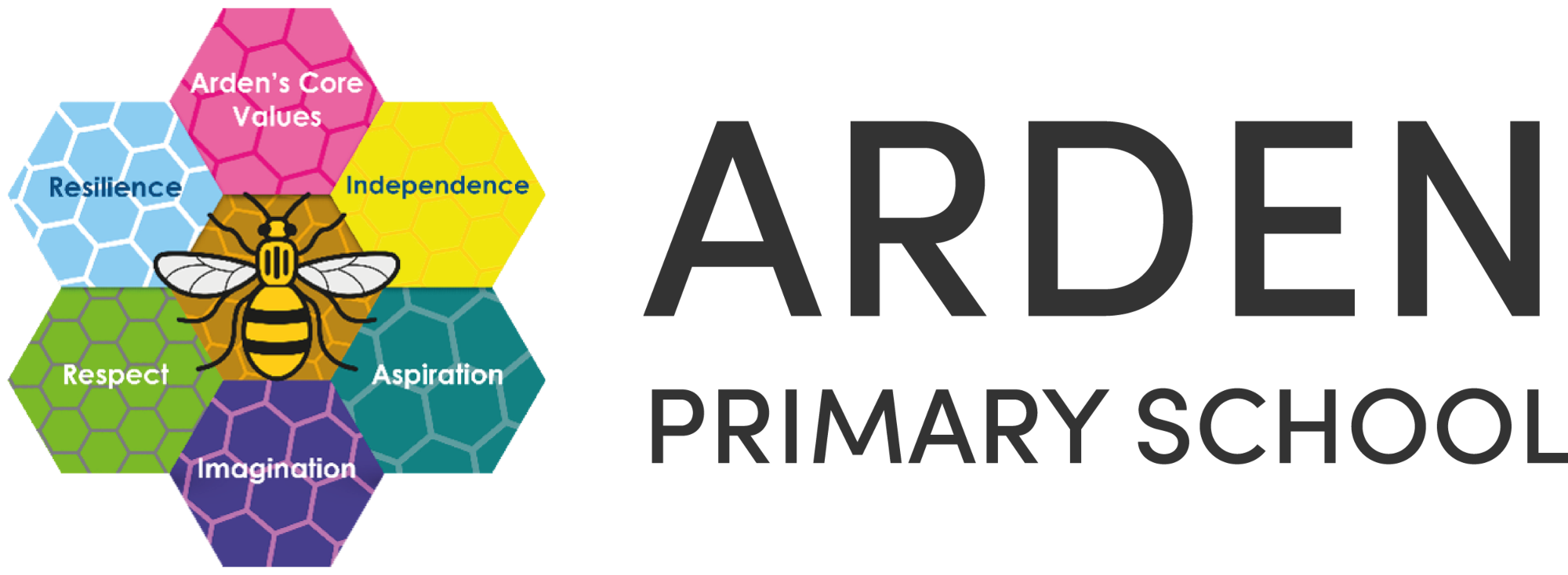Early Years
Within the new EYFS curriculum the ‘Technology’ strand has been removed from ‘Understanding the World’. However, we live in a technological world and there is no escape from the reality that technology is integrated into the lives of young children. Just as we ensure the children in our care are ready for the adult world by teaching them maths and literacy, we also strive to ensure that they are fluent in computer literacy and online safety.
Computing will have an impact on children in most of the 17 Early Learning Goals (ELGs). Children have the opportunity to interact with technology as part of continuous provision: this could be using an interactive whiteboard, or a bee bot, for example.
At Arden children are provided with many opportunities to develop listening skills, problem-solving skills, and thoughtful questioning: all key to developing good computing skills. Children have the opportunity to use and explore technology as appropriate, including through themed days provided by our Computing provider, Hi-Impact.
Children will be exposed to computational thinking when they build problem-solving skills. They will also develop resilience. While the EYFS framework may no longer explicitly include technology, it remains a vital tool for delivering a well-rounded education.
Years 1 - 6
Arden work with Hi Impact, a service provider who have developed a bespoke curriculum based on Arden’s wider curriculum. The planning follows Arden’s topics, and identifies and suggests how computing could be delivered in both discrete and cross-curricular lessons. This sequence uses the National Curriculum as a starting point, and is designed to allow children to acquire all the skills and knowledge they need to be successful users of computing.
Planning is split into four sections for Years 1-6; DL, CS, IT, and Key Skills.
We developed Key Skills when we recognised that children need to acquire a basic level of computer user skills to access the curriculum. These skills should be reinforced in each computing sessions, and children will improve through reinforcement and adjusting practise based on feedback and good modelling.
Our bespoke planning links directly to the assessment criteria, as can be seen in the codes, i.e. DL3.2 is Digital Literacy, Year 3, section 2.
Hi-Impact deliver workshops which enhance our curriculum throughout the year. Workshops are linked to books we are studying as well as the wider curriculum; please see the document below for more information on what's coming up.
